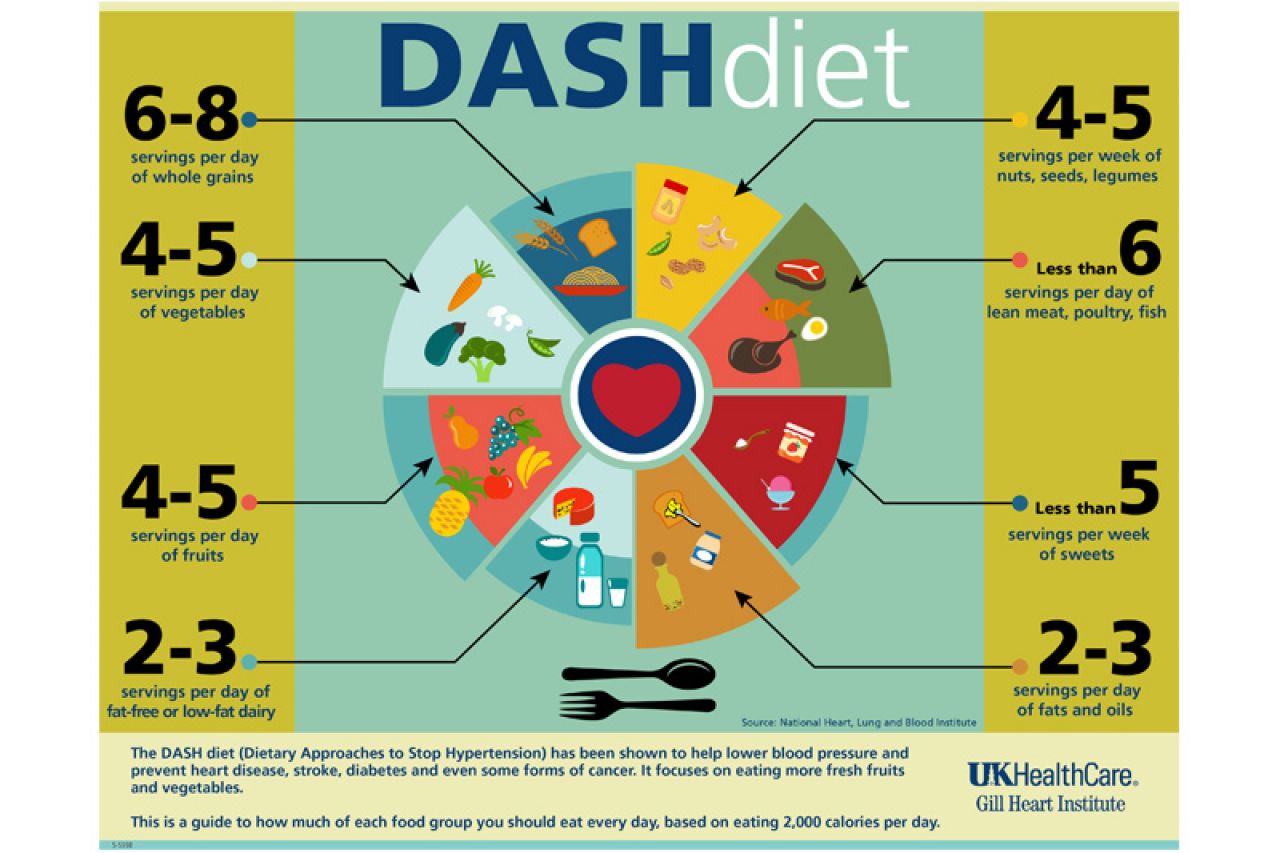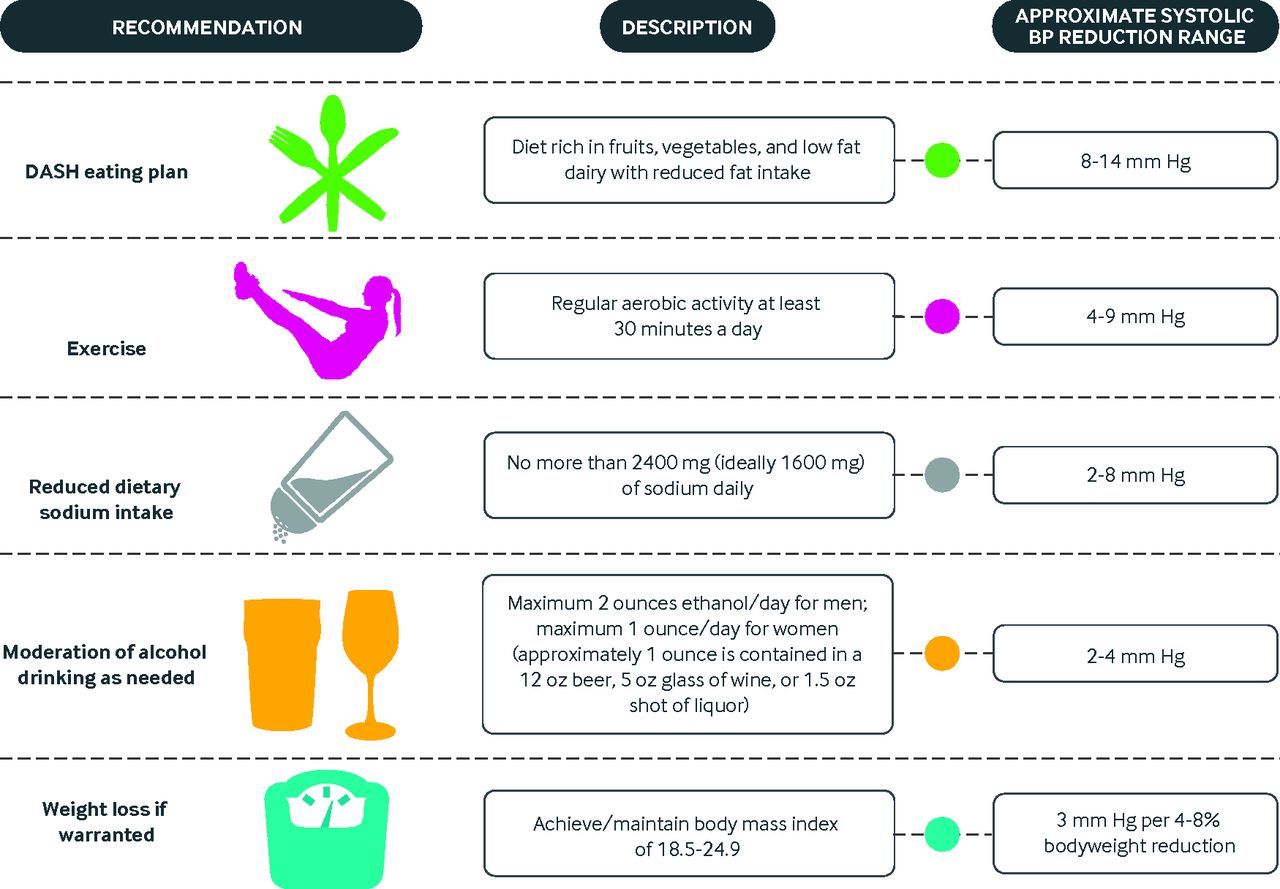 High blood pressure, medically termed as hypertension, means just what it says - that the person has blood pressure higher than the normal limits (>140/90 mmHg for non-diabetics, >140/85 mmHg in diabetics). The prevalence of this condition is so high that it almost seems guaranteed once you reach a certain age.
High blood pressure, medically termed as hypertension, means just what it says - that the person has blood pressure higher than the normal limits (>140/90 mmHg for non-diabetics, >140/85 mmHg in diabetics). The prevalence of this condition is so high that it almost seems guaranteed once you reach a certain age. DECIPHERING MEDICAL JARGON Hypertension: hyper- higher than usual; -tension pressure. High blood pressureHypertension is broadly categorised into primary (or "essential") and secondary hypertension. Secondary hypertension, as the name suggests, occurs secondary to another disease. In other words, it is caused by another disease, such as renal and hormonal diseases. This only accounts for a small percentage (~5%) of all hypertensive patients.
 On the other hand, primary hypertension is usually due to the aging process. As we grow older, our blood vessels lose their elasticity and become sclerotic (hardened and narrowed). You can think of the blood vessel as a rubber band that slowly becomes hardened. Because the vessels cannot expand to accommodate changes in blood pressure, intraluminal pressure (blood pressure) increases. This persistent raise in blood pressure then leads to a diagnosis of hypertension. It is important to get yourself screened for hypertension (just a quick measurement will do!) at least once yearly, especially if you are above 50 years of age. Early detection and management is important because uncontrolled or poorly controlled hypertension can cause a huge range of complications.
On the other hand, primary hypertension is usually due to the aging process. As we grow older, our blood vessels lose their elasticity and become sclerotic (hardened and narrowed). You can think of the blood vessel as a rubber band that slowly becomes hardened. Because the vessels cannot expand to accommodate changes in blood pressure, intraluminal pressure (blood pressure) increases. This persistent raise in blood pressure then leads to a diagnosis of hypertension. It is important to get yourself screened for hypertension (just a quick measurement will do!) at least once yearly, especially if you are above 50 years of age. Early detection and management is important because uncontrolled or poorly controlled hypertension can cause a huge range of complications.  Poorly controlled hypertension increases your risk for stroke, damaged or loss of eyesight, heart disease, kidney damage and subsequent failure, and even aortic aneurysms and rupture (dangerous ballooning and breakdown of your major artery).
Poorly controlled hypertension increases your risk for stroke, damaged or loss of eyesight, heart disease, kidney damage and subsequent failure, and even aortic aneurysms and rupture (dangerous ballooning and breakdown of your major artery).  On top of taking your anti-hypertensive medications regularly as prescribed by your GP, there are also some lifestyle modifications you can try to help keep your blood pressure under control. First would be to reduce your sodium intake - this can be in the form of table salt (sodium chloride) or MSG/Ajinomoto (monosodium glutamate). You may also want to consider adopting the DASH diet as shown above. Second would be to engage in regular physical exercise and maintain a healthy weight. Third would be to have sufficient quality sleep everyday, as far as possible. Last but not least, it would be a good idea to start your own blood pressure daily diary to monitor your blood pressure at home! This would help your GP decide if changes in medication or dosage are necessary to keep you in the pink of health.
On top of taking your anti-hypertensive medications regularly as prescribed by your GP, there are also some lifestyle modifications you can try to help keep your blood pressure under control. First would be to reduce your sodium intake - this can be in the form of table salt (sodium chloride) or MSG/Ajinomoto (monosodium glutamate). You may also want to consider adopting the DASH diet as shown above. Second would be to engage in regular physical exercise and maintain a healthy weight. Third would be to have sufficient quality sleep everyday, as far as possible. Last but not least, it would be a good idea to start your own blood pressure daily diary to monitor your blood pressure at home! This would help your GP decide if changes in medication or dosage are necessary to keep you in the pink of health. 
This post was sponsored by Scott's Shavers.








